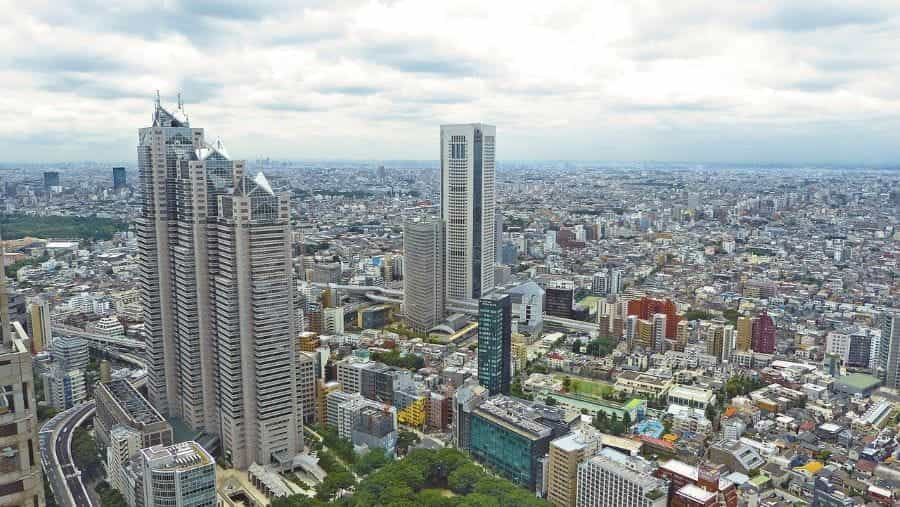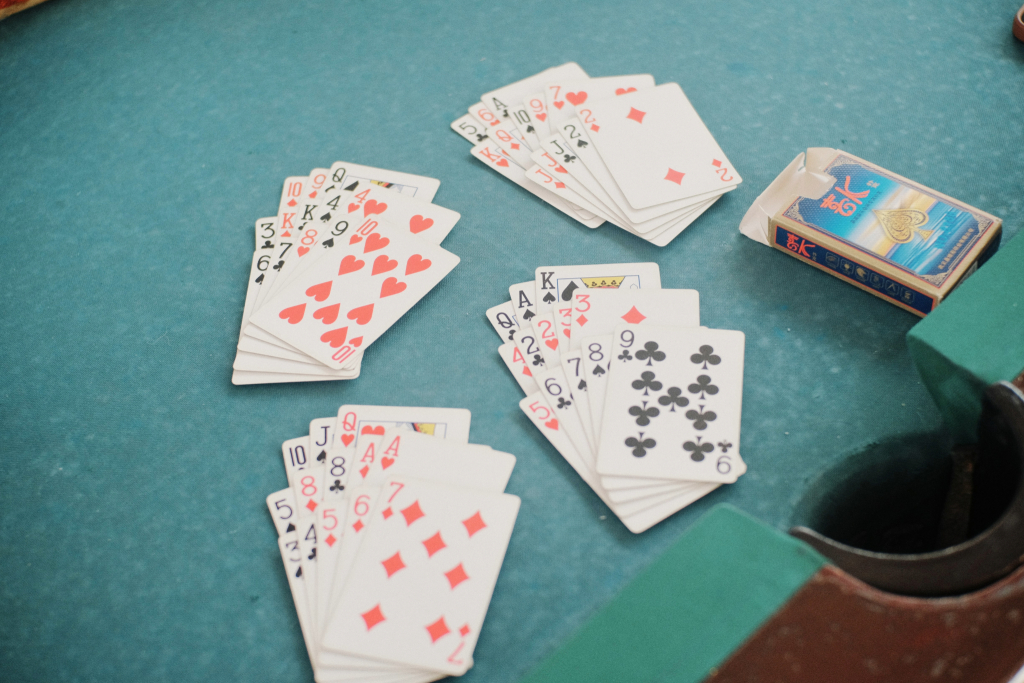Japan Pachinkos Defy Lockdown Measures
The $192bn industry known locally as Pachinko is causing a major existential crisis this week, as new figures and data show how many citizens and locations are still actively defying government directives for an enforced shutdown. The social-distancing measures carry no legal penalties for non-compliance in Japan, and many Pachinko parlors have decided to remain open.

Tokyo is at the epicenter of the Pachinko industry with many critics urging small-businesses to shut down there operations. ©cegoh/Pixabay
Pachinko parlors themselves operate in a legal grey area that has been the subject and focus of controversy for many decades. In essence, they allow gamblers to play games for the chance to win prize coupons. These coupons can be exchanged off-premises for real money and so the full circle of gambling is enabled. The incredible popularity of the Pachinko parlors is seemingly unstoppable, even in the wake of a global pandemic.
The public perception is becoming ever more supportive of lockdown measures as cases in Japan are quickly climbing. Latest figures show a total number of 20,000 South Koreans infected with COVID-19, with the number rising rapidly in similar correlation to neighboring countries. Images circulating in local media outlets showing hordes of middle-aged men gambling in these tiny rooms have enraged health officials and the government who are desperately trying to induce a sense of social-responsibility from the public.
Despite the Pachinko parlors defiance and refusal to shut, many parts of the Japanese economy are taking the state of emergency more seriously. The majority of small non-essential businesses have closed, and in cases where there is a need for them to remain operational – reduced hours and social-distancing measures have been implemented to enhance the safety of their risk-profile.
Pressure is mounting on businesses who are not complying, and the Pachinko parlor situation is at the forefront of this anguish, along with efforts to slow-down the development of new integrated resorts in Japan. Especially since these venues seem to attract visitors from a variety of localities and prefectures, congregating in a confined space for a period of time. It is a disastrous situation for public perception and faith in the government lockdown and many politicians have vowed to take decisive action in the coming days.
Mounting Pressure from the Public
There is a serious level of concern developing deep within the Japanese public surrounding the issue of Pachinkos. Whilst many hold sympathetic views on the liberalization of gambling, and people’s rights to the freedom of enjoying these services, the extreme health conditions currently engulfing the world need to be taken seriously by all corners of society.
The issue has become particularly concerning as Japan is entering one of the busiest periods of its calendar, the Golden Week is a series of public holidays and one of the most popular travel periods of the whole year. Although Japan hasn’t yet experienced a high death-toll similar to other developed countries, there are concerns and signs within the data that the tide could be turning against them.
In Osaka, the situation is coming to a head. Local government statistics administrators have reported that in the past month they have received thousands of complaints about businesses that are flouting the lockdown rules. The majority of these cases are targeted at the Pachinkos. The government action so far has been rather timid, as we have stated, there has not been a fine system put enforced and the restrictions are being treated primarily as just an advisory position that can be interpreted in a number of different ways.
As we can all sympathize, the economics of a shutdown are sometimes rather disastrous and can make it a very difficult task to keep going for a small business. A local bureaucrat who is running in the next general election spoke at length with business owners over their concerns heading into the lockdown.
The only way to ensure they close without putting them out of business is for the government to provide a lot of money. There’s no other way out.Akiko Oishi, Osaka Bureaucrat
Whilst the resistance to the Pachinko closures has not been completely universal, there are similar steps that can be taken. So far one of the largest operators of these venues Maruhan Corp, has decided to shut down a large portion of their venues, with only about one-third remaining open. But strong voices from across government and the wider-public are calling for an immediate shutdown of these non-essential services.
The Pachinko operators are recognizably unwilling to sacrifice large revenues without being directly ordered to do so. But if all small non-essential businesses are to be shut down in future government measures responding to the current inefficiencies in the approach, then they will be able to deal with it much better than most. The future economic hardships of the entire economy will not be evenly distributed, as we have already seen across the world. It is those dependent on liquidity and cash-flow that will sink the fastest.



